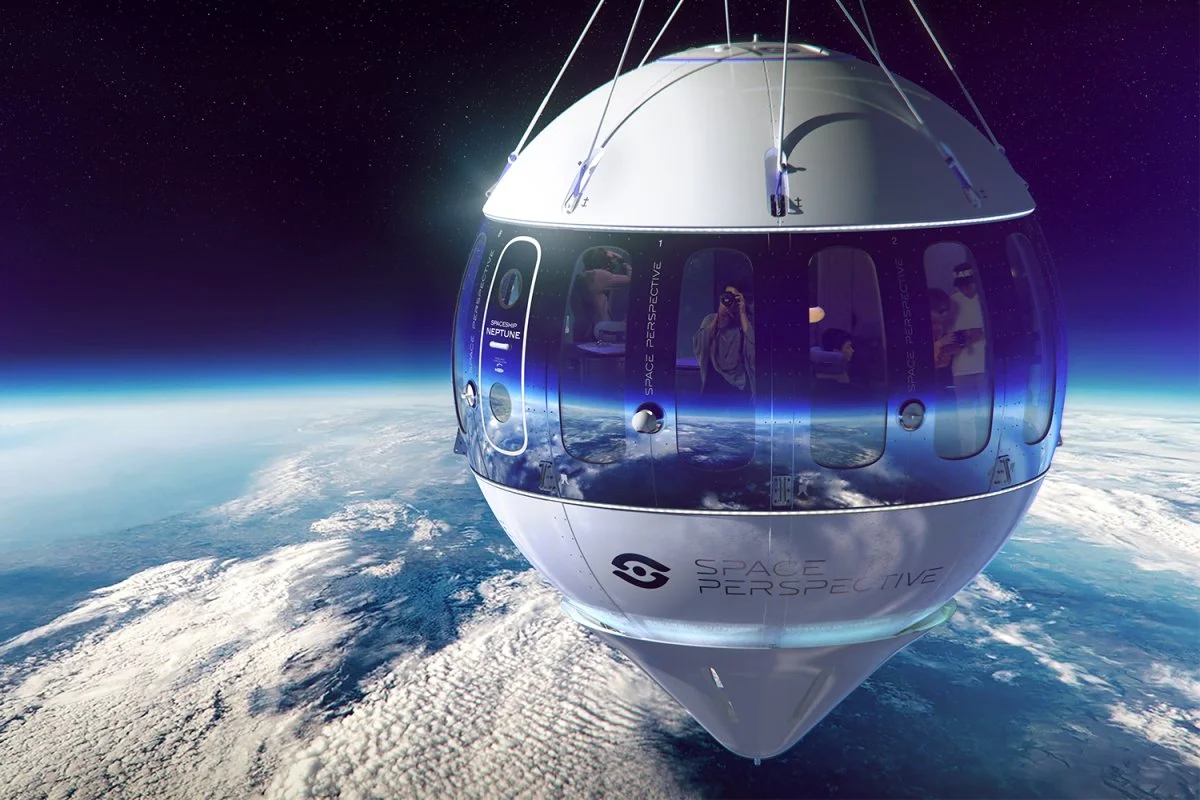Dr. Rachel J.C. Fu, Chair & Professor of Dept. of Tourism, Hospitality and Event | Director of the Eric Friedheim Tourism Institute at the University of Florida
1. From Barriers to Growth
The growth of the Space Tourism industry is shaped by several critical challenges. Foremost are technological limitations—while reusable rockets and commercial space vehicles have advanced, reliability, scalability, and cost-efficiency still need refinement. Regulatory frameworks lag behind innovation, with international space law and national policies needing updates to govern safety standards, environmental protection, liability, and equitable access. Concerns about passenger safety, ethical use of space, and public perception—often shaped by high-profile billionaires or environmental concerns—add layers of complexity. These factors are slowing widespread adoption, keeping space travel largely out of reach for all but a small group of ultra-wealthy individuals.
2. Projected Timeline
Space tourism is currently in its infancy, but progress is steady. When technological advancements, regulatory harmonization, and infrastructure development continue on pace, we can reasonably project that by the early to mid-2030s, space travel will become accessible to a broader group of participants—especially affluent adventure travelers, researchers, educators, and artists. By the 2040s, we may begin to see more democratized access through government partnerships, educational sponsorships, and reduced commercial costs, much like early aviation transitioned from luxury to mainstream. This trajectory depends greatly on sustained investment, global cooperation, and public trust in spaceflight safety.
3. Short-Term and Long-Term Future of the Industry
In the short term (2025–2035), space tourism will likely remain focused on suborbital experiences, short orbital stays, and high-profile commercial missions that double as scientific or promotional events. These early ventures are essential—they will help test protocols, develop infrastructure, and normalize public engagement with space. We can expect growth in spin-off industries, such as space-themed education, virtual space experiences, and high-tech training programs.
In the long term (2035–2050 and beyond), the possibilities expand. We envision low-orbit space hotels, educational missions for students and researchers, and even cultural or artistic collaborations beyond Earth. Space tourism could revolutionize the travel industry, create new career pathways in aerospace, hospitality, engineering, and ethics, and spark public fascination that drives STEM education worldwide. Environmentally, it challenges us to innovate greener propulsion systems and ensure we preserve orbital and planetary ecosystems. Ethically, it prompts vital conversations about who has the right to explore space and how to prevent inequality from being projected beyond Earth.
4. Broader Impacts on Humanity and Innovation
Beyond tourism, these early ventures mark humanity's next evolutionary step—extending our presence beyond Earth not for conquest, but for cooperation, learning, and global inspiration. The
industry fosters technological innovation that feeds back into healthcare, climate science, and robotics. It holds the potential to unify nations around shared exploration and broaden our understanding of life, existence, and stewardship of Earth.
As we look upward, we must also look inward—to ensure that the pursuit of space tourism uplifts society, protects our planet, and reminds us of our shared destiny in the cosmos. The journey ahead is not just about reaching space—it's about expanding what it means to be human.
May 5, 2025
[Image Credit: Insider Hook]


